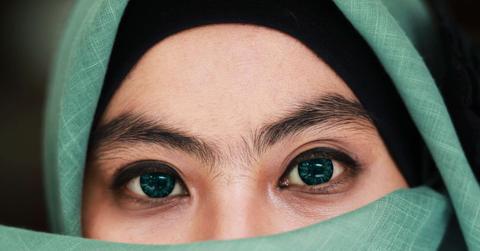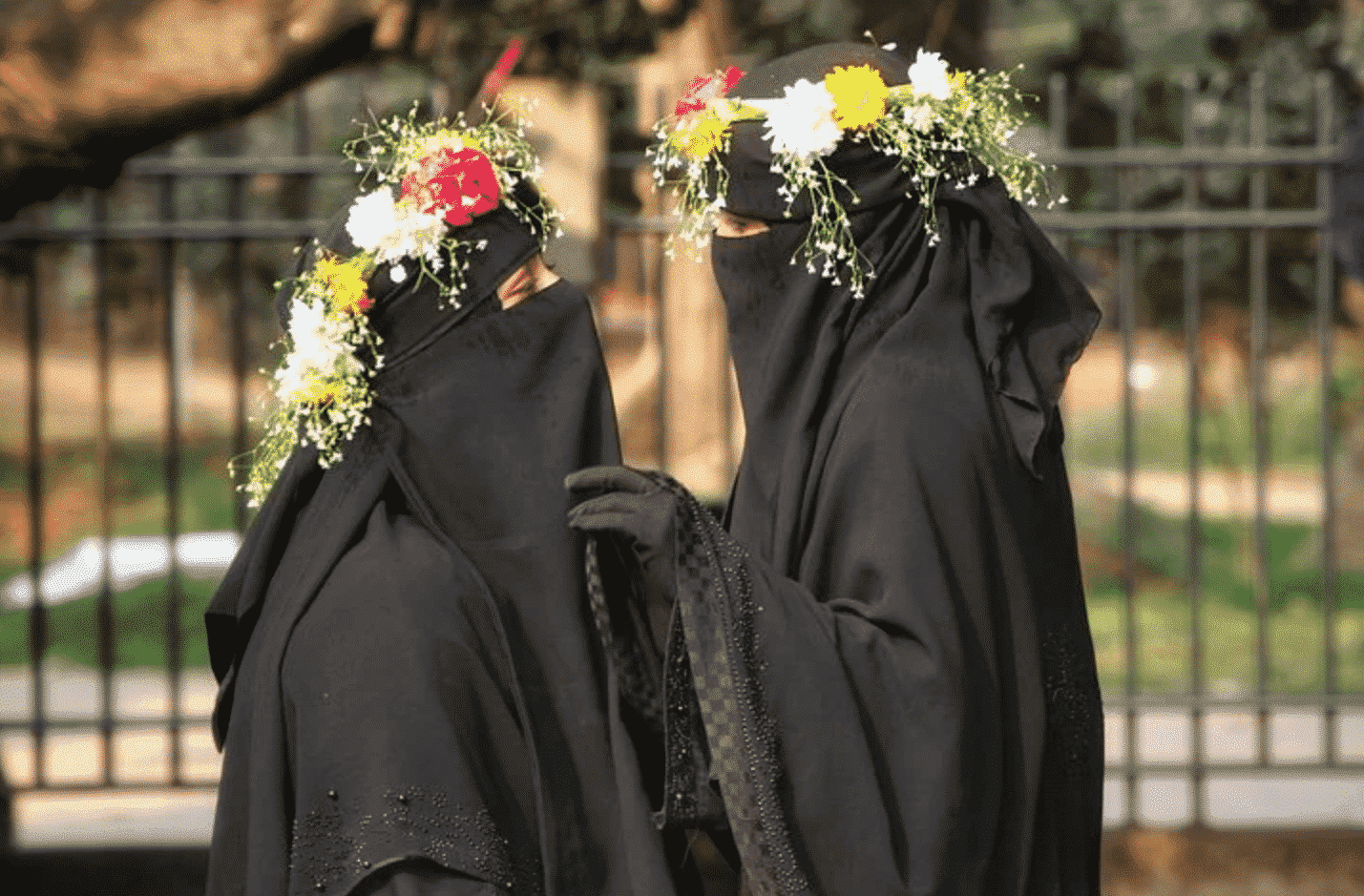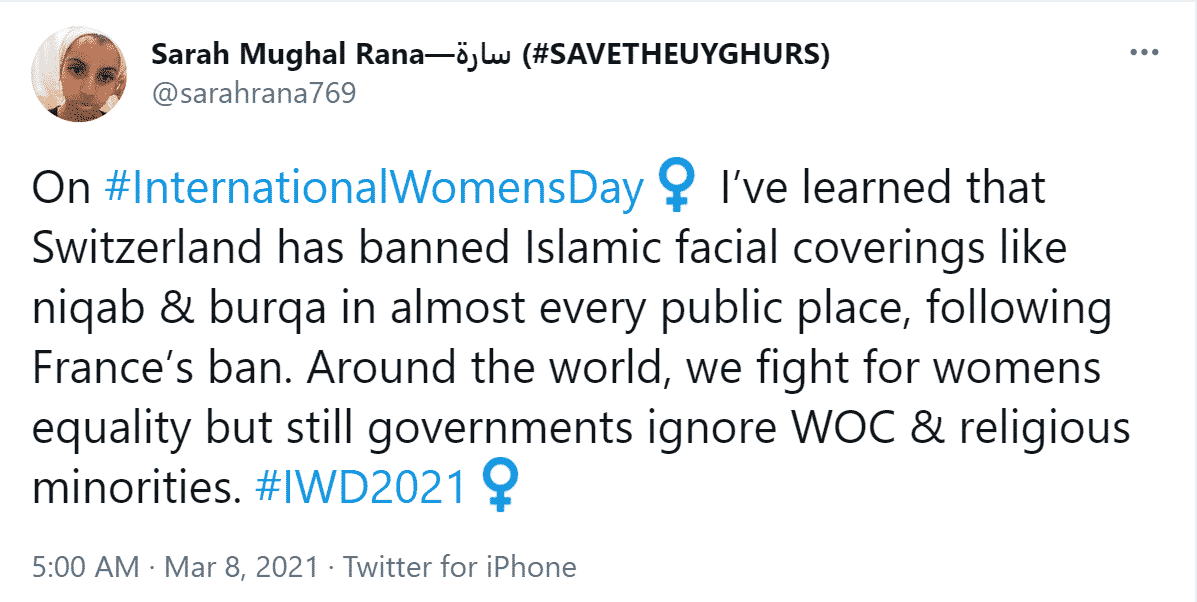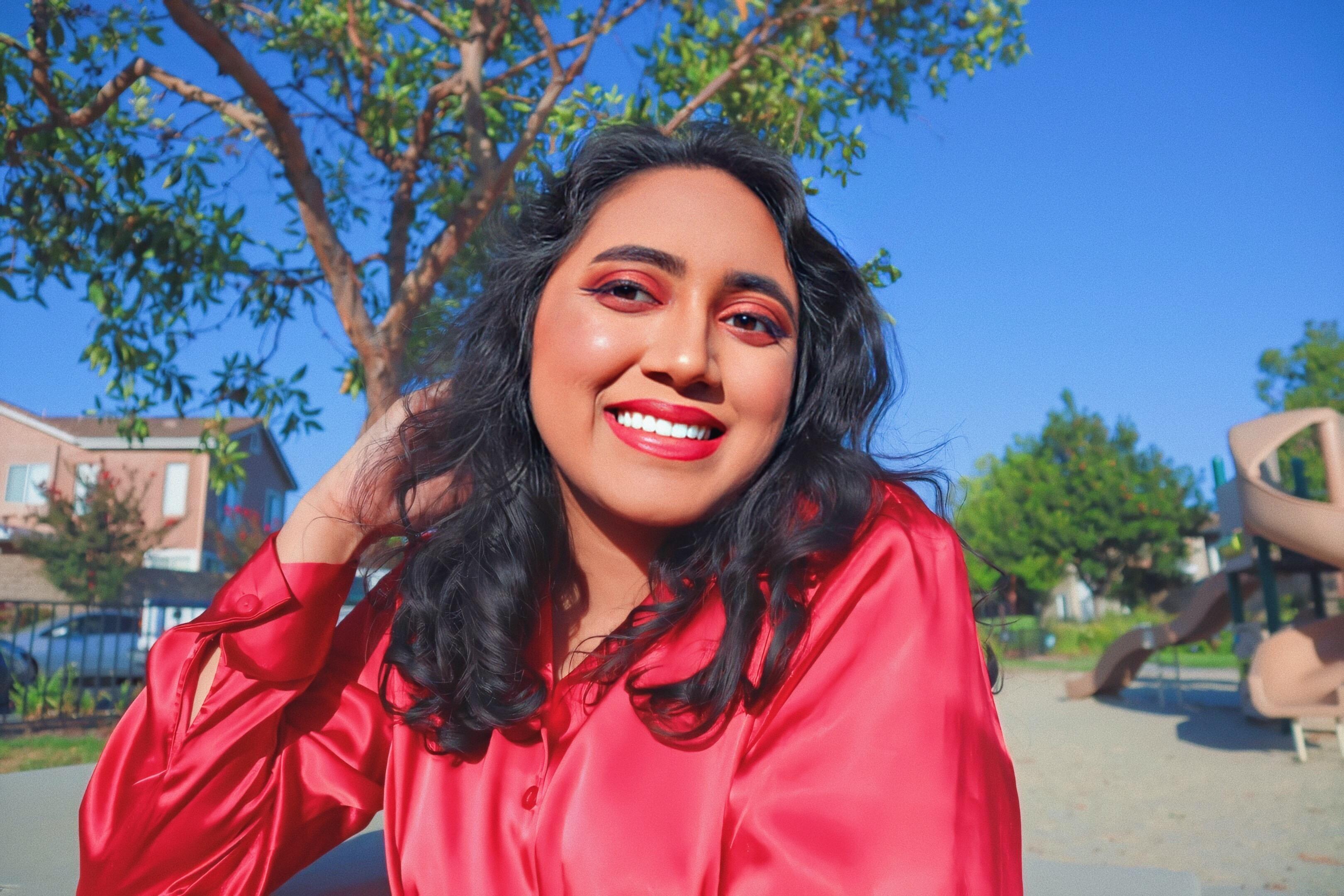Switzerland To Implement Ban On Face Coverings, Targeting Muslim Women

Swiss voters approved a referendum on Sunday March 7th, 2021 to ban face coverings including niqabs and burqas in all public places.
Though very few Muslim women in Switzerland choose to wear burqas or niqabs, 52.21 percent of voters were in favor of the ban. The measure, proposed by members of the nationalist Swiss People’s Party, will outlaw face coverings in public places such as streets, restaurants, public offices and sports stadiums.
Understanding Niqab and Burqa

While a hijab is a veil that only covers a woman’s head, a niqab covers the head and face, but not the eyes. A burqa is similar, except it also covers the eyes with a mesh fabric that allows the person wearing it to see.
For most Muslim women, veiling is a choice. It is a demonstration of a woman’s modesty and dedication to God.
Denying Muslim Women Choice
Though the measure itself does not mention Islam, lawmaker Walter Wobmann, who was part of the committee that launched the proposal, said the initiative addressed “extremely radical Islam” and served as a security measure against “hooligans.” The measure is also widely referred to as the “burqa ban.”
Swiss People’s Party President Marco Chiesa said in a statement, “The burqa creates a barrier between the person wearing it and the environment and thus prevents integration into society.”
Supporters of the proposal argued religious face coverings symbolized the repression of women and said faces should be shown in a free society like Switzerland’s.
The only exceptions to the new measure are for security and health reasons such as wearing a mask to prevent the spread of COVID-19. Face coverings will also be allowed at religious sites and for traditional Carnival celebrations.
Switzerland will join several European countries, including France and Denmark, which have implemented a ban on face coverings.
Fighting Against The Referendum
The Swiss Federal Council and the Swiss Parliament advised citizens to vote against the measure, calling it excessive. They tabled a counter-proposal to the ban, which would require people to remove face coverings only for the police or other officials.
The measure was also criticized by Swiss religious organizations and human rights and civic groups. as well as the federal government. The Swiss Council of Religions, which represents all major religious communities in Switzerland, condemned the proposal earlier this year, stressing that the right to religious freedom also protects religious practices such as dress codes.
The Islamic Central Council of Switzerland said the results were “Islamophobically motivated.”
“Today’s decision is tearing open old wounds, expanding the principle of legal inequality and sending a clear signal of exclusion to the Muslim minority,” the group wrote in a statement.







